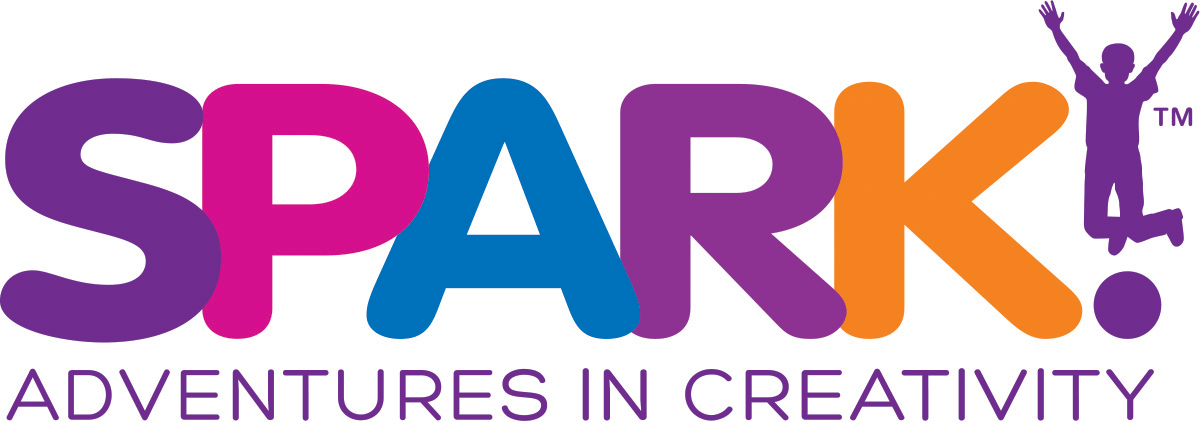The Amazing Risks We Took As Kids
Believe it or not, the actions listed in the title of this blog, once deemed innocent, carefree play, are now considered to be “risk taking” activities for children. Movements such as these allow children to understand and develop their physical strength and coordination. Motor skills, problem-solving and resilience are all learned through play, if we allow a sense of adventure and unrestricted movement.
Free and unstructured play give children the opportunity to create their own boundaries, develop relational skills with others, understand and extend their own physical strength and learn to function without overt adult supervision. To better navigate the world around them, children need to practice risk assessment. This includes thinking through outcomes, developing creative solutions and implementing options to evaluate the results.
SPARK! is a facility designed for “older” children to learn the creative process. Our goal is to provide them the opportunities to develop and strengthen their motor skills. Research shows that around the age of six or seven, children are honing these skills, assessing minimal risk, and engaging in a process designed to produce an outcome. At SPARK! we engage the physical needs of growth through our Climb, Crawl, Slide Sculpture. Instead of using soft materials, we introduce the kids to steel, wood, hard surfaces, elevated climbs, steep slides and dark, confined adventures. SPARK! offers a minimal amount of risk so children can explore and consider their own physical limitations.
Dr. Lala Manners in Articles Teaching and Learning shares, “Physical experience informs bodily knowledge that leads to physical maturity and the optimum use of skills across all the environments children experience and encounter.”
We want our children to be mentally strong. However, in today’s world, we’re removing all physical risk and depriving children of the opportunity to develop critical motor skills. Since the 1970’s, concerned parents and educators have been removing risk, sanitizing playgrounds and promoting more sedentary learning.
In her book Balanced and Barefoot, Angela Hanscom, a pediatric occupational therapist, says, “When children are allowed to take reasonable risks, they actually become safer. Through the risks they take, they develop a better ability to assess risk, use critical thinking, and to troubleshoot when problems arise.”
There’s a big difference between danger and risk. Don’t be afraid to let your kids take risks. SPARK! provides a safe way for them to experience risky play. We promote learning through the creative process and physical movement. Our field trip students engage in play which allows them to push their own physical boundaries, promotes a sense of adventure and allows for unstructured discovery. This experience prepares them both mentally and physically to engage in hands-on practice through the creative process. It also helps burn-off some of the abundant energy that young kids have and enables them to focus on the task at hand.
